Faculty Members der Max Planck School of Cognition

Katrin Amunts
Forschungsinteressen: • development of a multilevel, multimodal atlas of the human brain • cytoarchitectonic, molecular and fiber architecture of the brain • image analysis, high-performance computing and big data analytics • Brain function and behavior • ethics
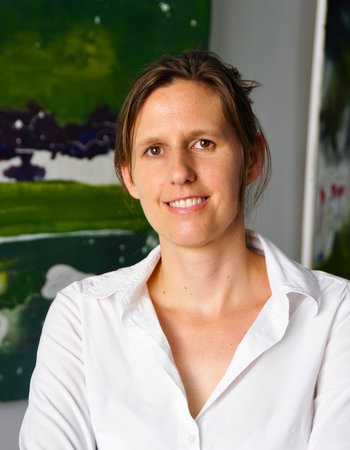
Elisabeth B. Binder
Forschungsinteressen: • molecular basis of mood and anxiety disorders using genome-wide technologies • stress response and early adverse experience in human and cell models • mechanisms of gene x environment interactions in psychiatry• epigenetic mechanism relevant for psychiatric risk

Ulrike Bingel
Forschungsinteressen: • CNS mechanisms of pain and pain modulation • the impact of expectation and learning on health outcomes and medical treatment • brain imaging • clinical translation *Foto copyright ©DGN
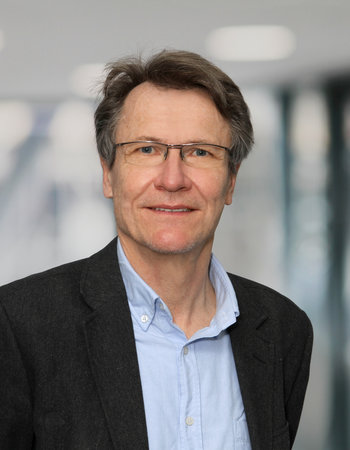
Jan Born
Forschungsinteressen: • sleep and memory • regulation of food intake • memory during early development
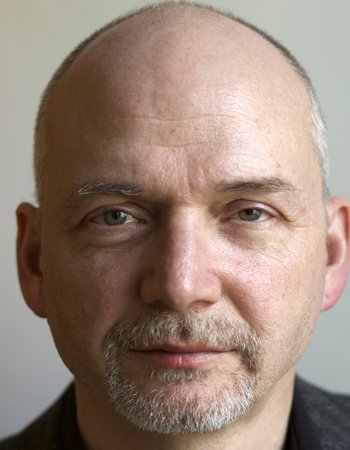
Marcel Brass
Forschungsinteressen: social and motor contagion • conformity • joint action • mentalizing • intentional action• free will belief Research methods: mental chronometry • EEG • fMRI • motion tracking • virtual reality
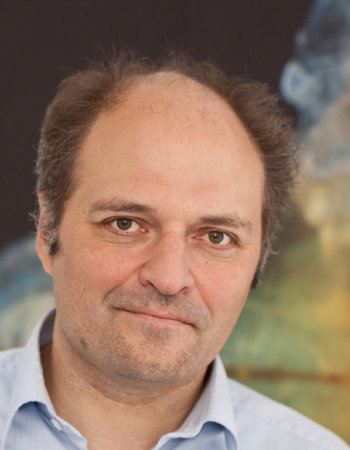
Michael Brecht
Forschungsinteressen: • active touch and object recognition • social and sexual touch • cortical organization • cellular basis of sensations and movement generation • hippocampal and parahippocampal activity linked to spatial navigation
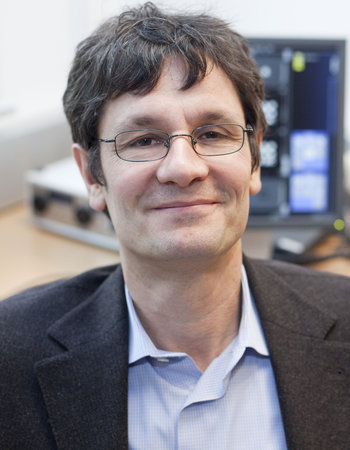
Christian Büchel
Forschungsinteressen: • neural mechanisms underlying pain, reward, fear and decision processes • high resolution fMRI techniques including spinal fMRI • parallel EEG-fMRI to combine high spatial with high temporal resolution • computational modelling to combine behavior with imaging/EEG
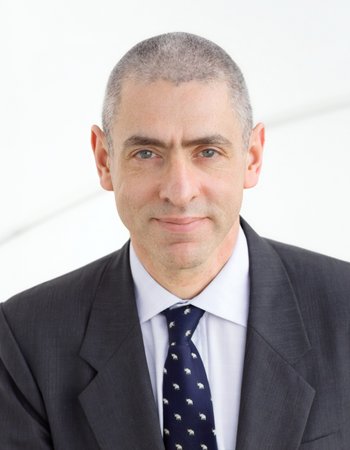
Peter Dayan (nur Co-Betreuung von Kandidat*innen)
Forschungsinteressen: • neural reinforcement learning • neuromodulation
metacognition • computational psychiatry •
representational learning

Christian F. Doeller
Forschungsinteressen: • cognitive neuroscience of memory, navigation, perception, knowledge, learning & decision making • population coding in hippocampal formation; neural metric of cognitive spaces • structure-function mapping; brain oscillations • (high-field) fMRI, MEG, virtual reality, machine learning • translational neuroscience: Alzheimer’s disease; cognitive enhancement
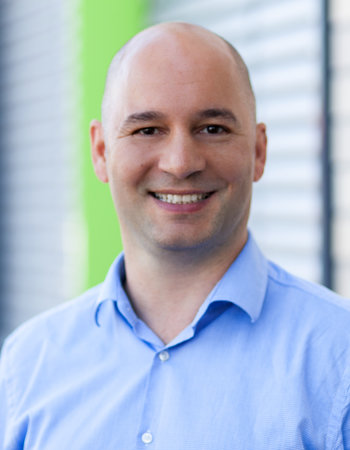
Emrah Düzel
Forschungsinteressen: • dementias • memory •
cognition • imaging • electrophysiology
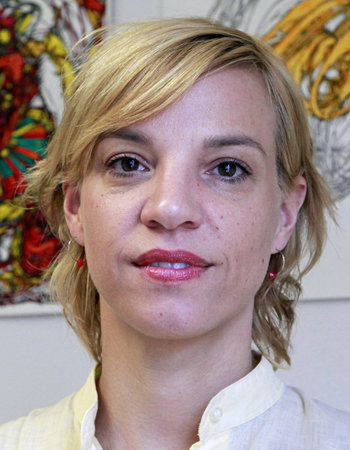
Isabel Dziobek
Forschungsinteressen: • social cognition/interaction, empathy, Theory of Mind, emotion and face processing • development and validation of tests and interventions for socio-emotional competencies and empathy • kinesthetic empathy and socio-emotional effects of synchronization • neuronal correlates of social cognition using functional and structural MRI • social interaction disorders (e.g. autism spectrum conditions, personality disorders, schizophrenia) • biological basis as well as diagnosis, intervention and integration of individuals with autism spectrum disorder • social robotics
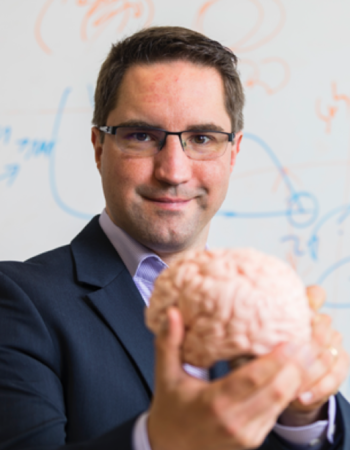
Simon B. Eickhoff
Forschungsinteressen: • mapping the human brain in terms of areas and networks • application of machine-learning to neuroimaging data • modeling inter-individual variability in cognitive functions • clinical translation of imaging neuroscience
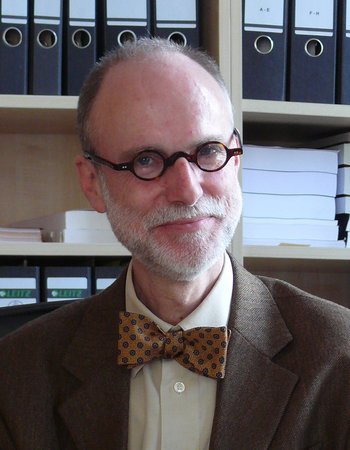
Christoph Engel (nur Co-Betreuung von Kandidat*innen)
Forschungsinteressen: • experimental law and economics • behavioral law and economics • legal theory • economic law
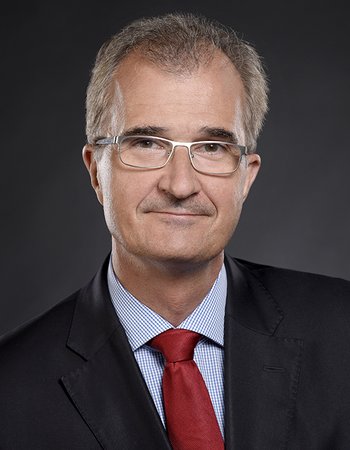
Peter Falkai
Forschungsinteressen: • identification of candidate pathways for the pathophysiology of schizophrenia • brain plasticity across the psychosis spectrum • recovery trajectories in psychotic disorders • neurobiological, cognitive and clinical effects of aerobic exercise
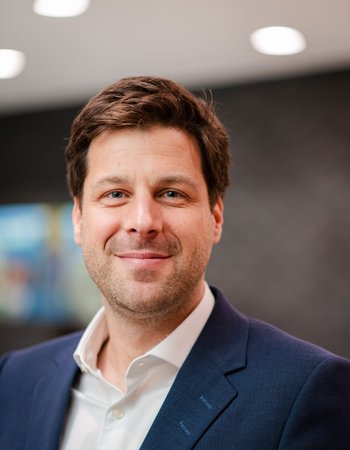
Carsten Finke
Forschungsinteressen: • cognitive deficits and advanced MRI studies in antibody-mediated neuropsychiatric diseases such as autoimmune encephalitis, multiple sclerosis and neuromyelitis optica spectrum disorders • clinical and cognitive neuroscience of memory and memory disorders, especially memory deficits in patients with transient and persistent hippocampal dysfunction • development of digital cognitive assessment and rehabilitation tools with a focus on the application of Virtual and Augmented Reality setups in clinical settings

Simon E. Fisher
Forschungsinteressen: • identification of genes involved in speech, language and reading • functional analyses of language-related genes in cellular and animal models • brain imaging genomics • genetics of synaesthesia
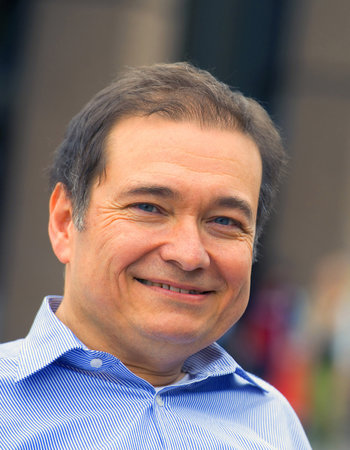
Onur Güntürkün
Forschungsinteressen: • functional and structural foundations of brain asymmetries • executive functions in humans and other animals • evolution and organization of the vertebrate brain, incl. that of humans • fMRI of complex cognition in birds
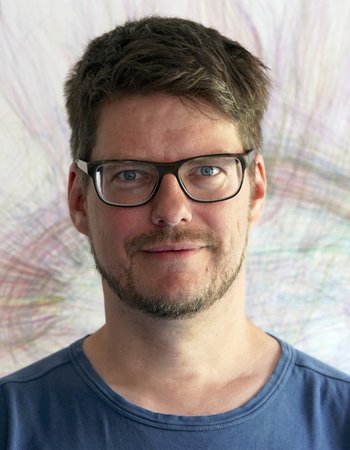
Philipp Gunz
Forschungsinteressen: • evolution and development of the brain • study of fossil hominins, extant humans and non-human primates • micro-computed tomography, MRI, statistical shape analysis based on landmarks (geometric morphometrics)

Patrick Haggard (nur Co-Betreuung von Kandidat*innen)
Forschungsinteressen: • cognitive and neural mechanisms of human voluntary action • sense of agency and response-outcome learning • neurophysiological mechanisms of conscious experience • somatosensory perception • sensorimotor basis of self-awareness
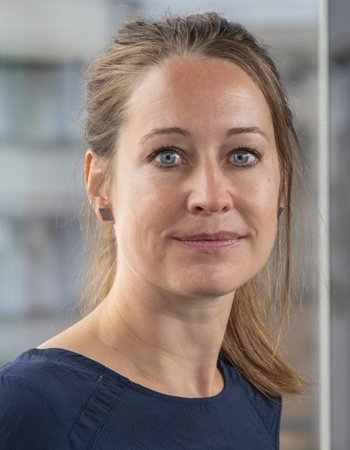
Gesa Hartwigsen
Forschungsinteressen: • cognition • language • plasticity • neurostimulation, neuroimaging • network interactions

Daniel B. M. Haun
Vertrauensperson für die DoktorandenForschungsinteressen: • human cognitive development • cross-cultural comparisons of human cognitive development • comparative great ape cognition

John-Dylan Haynes
Forschungsinteressen: • functional neuroimaging of visual and executive processes in humans • multivariate neuroimaging methods and brain reading • intentions, volition and free will • neurotechnology

Christine Heim
Forschungsinteressen: • developmental psychobiology • neurobiology of depression & anxiety disorders • psychoneuroendocrinology of functional somatic syndromes • neural correlates of stress and emotion • interactions of stress and dispositional factors across development • models of bounded rationality
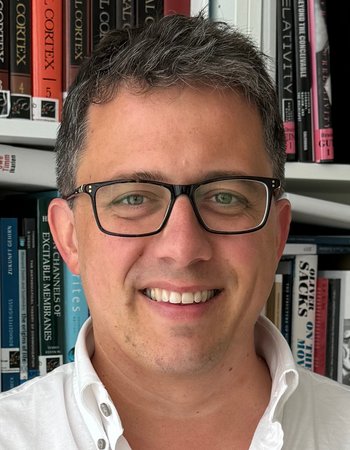
Moritz Helmstaedter
Forschungsinteressen: Cerebral Cortex Connectomics • Mapping of neuronal connectivity • Relation between artificial and biological intelligence • Search for connectomic phenotypes of psychiatric disorders
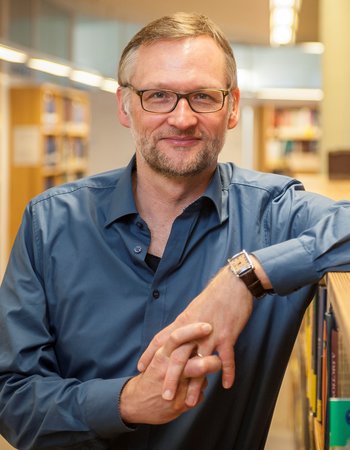
Ralph Hertwig
Forschungsinteressen: • mechanisms of bounded rationality and in particular models of heuristics • mechanism of collective intelligence • mechanisms of learning, sampling and experienced-based decision making • boosting people’s decision making skills • how decision making and preferences change across the lifespan
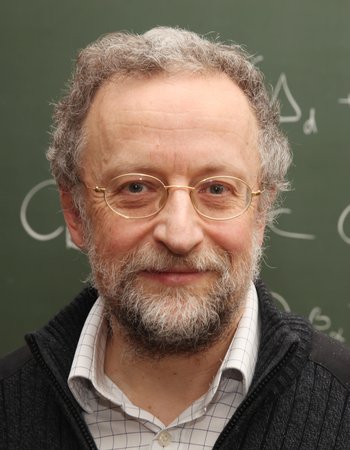
Jürgen Jost
Forschungsinteressen: • general theory of complex systems • cognition and neurosciences • theoretical and mathematical biology • geometry, analysis and theoretical physics • dynamical systems and network analysis • economics and social sciences • philosophy, history of science, visual arts
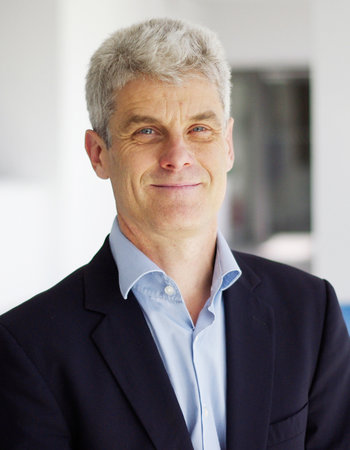
Gerd Kempermann
Forschungsinteressen: • adult hippocampal neurogenesis and its activity-dependent regulation • neurobiology of individuality • testing of neurogenesis-related functions in humans
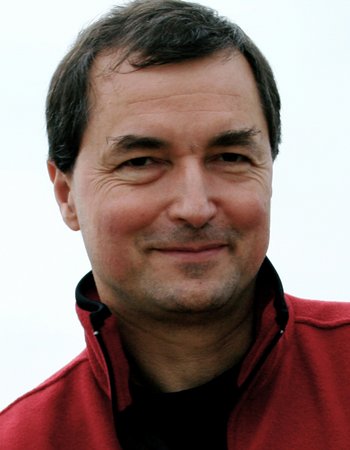
Peter König (nur Co-Betreuung von Kandidat*innen)
Forschungsinteressen: • embodied cognition and the neurophysiological basis of cognitive functions • multimodal integration and sensorimotor interactions
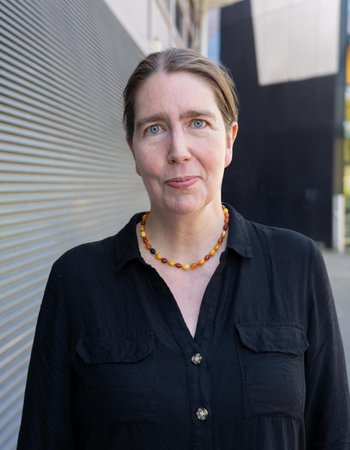
Simone Kühn
Forschungsinteressen: Environmental neuroscience • Behavioral and brain plasticity • Mental health • (f)MRI • Virtual reality • Ecological momentary assessment (EMA) • Geographic information systems (GIS)
Matthew Larkum
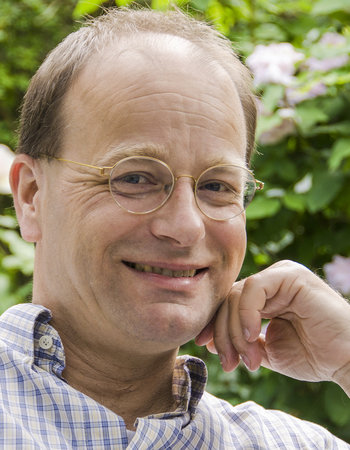
Ulman Lindenberger
Forschungsinteressen: • behavioral and neural plasticity across the lifespan • brain-behavior relations across the lifespan • lifespan developmental theory • multivariate developmental methodology • formal models of behavioral change

Andrea Martin
Forschungsinteressen: spoken language processing • cognitive neuroscience of language • cognitive science • psycholinguistics • neural oscillations • compositionality • computational models of language and cognition • cognitive computational neuroscience of language • computational and formal models (e.g., neural networks and mathematical models) • neuroimaging: magnetoencephalography (MEG) and electroencephalography (EEG) • human behavior
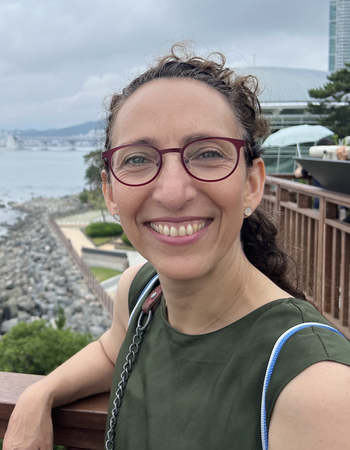
Lucia Melloni
Forschungsinteressen: Cognitive neuroscience of consciousness • Structure of subjective experience • Interplay between perception, memory, and navigation • Naturalistic cognition • Predictive processing • Structure–function mapping; brain oscillations • Intracranial EEG, biosensors, mobile technologies • Laminar electrophysiology and neuroimaging (high-field fMRI, iEEG, MEG) • Immersive reality • Machine learning
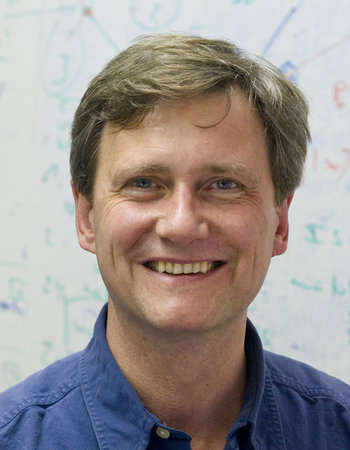
Klaus-Robert Müller
Forschungsinteressen: • statistical learning theory for neural networks, support vector machines and ensemble learning techniques • deep learning • analysis of biomedical data: brain computer interfacing, genomic data analysis, computational chemistry and atomistic simulations

Michael Pauen
Forschungsinteressen: • philosophy of mind • consciousness, self-consciousness and free will • ethical consequences of neuroscientific research
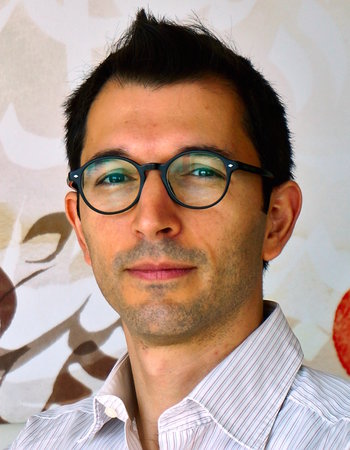
Iyad Rahwan
Forschungsinteressen: • computational social science • social and economic impact of • artificial Intelligence • human psychology and intelligent machines • new techniques for measuring and enabling human cooperation • human–machine cooperation • artificial intelligence ethics and governance
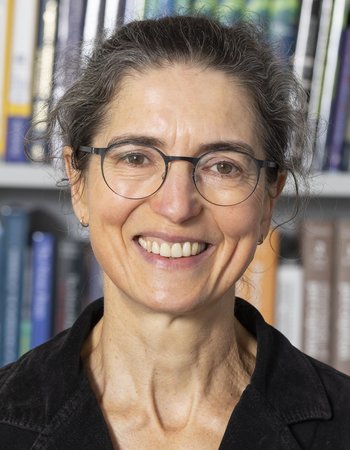
Brigitte Röder (nicht verfügbar als Betreuerin)
Forschungsinteressen: • multisensory action control • neuroplasticity: functional and structural changes in the brain due to development, perceptual-cognitive training, physical exercising, traumatic events such as sensory deprivation • age dependence of the brain’s capacity to reorganize • behavioral and electrophysiological measures • fMRI • TMS
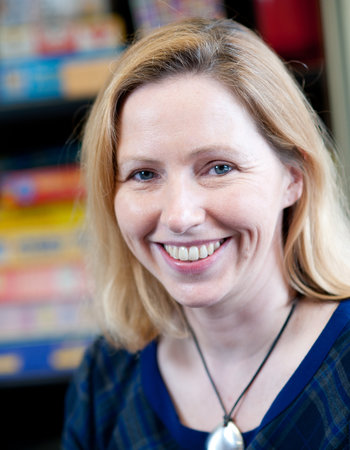
Caroline F. Rowland
Vertrauensperson für die DoktorandenForschungsinteressen: • environmental effects on child language acquisition • individual and cross-linguistic variation in language acquisition • neuro-cognitive models of lexical and grammatical development • constraints and biases on the language acquisition mechanism • multi-ethodological approaches to child language acquisition

Julia Sacher
Forschungsinteressen: • how sex hormones shape the human brain and cognition • sex-specific risk for neurodegenerative disease across the lifespan • interaction of metabolic risk and sex hormones for individual brain ageing trajectories and memory • neuroendocrine and inflammatory processes as vulnerability models for stress-related disease • methods: neuroreceptor-ligand PET imaging, structural and functional MRI, interventional studies, psychopharmacological challenge/depletion paradigms

Constance Scharff (nur Co-Betreuung von Kandidat*innen)
Forschungsinteressen: • animal communication • vocal learning in songbirds including multimodal aspects • evolution of human speech and music • behavioral, neurobiological and molecular methods

Klaus Scheffler
Forschungsinteressen: • functional and structural ultra-high field MRI methods development • ultra-high field human and animal functional and structural imaging • combined optical (optogenetics, Ca, intrinsic optical) and MR acquisition
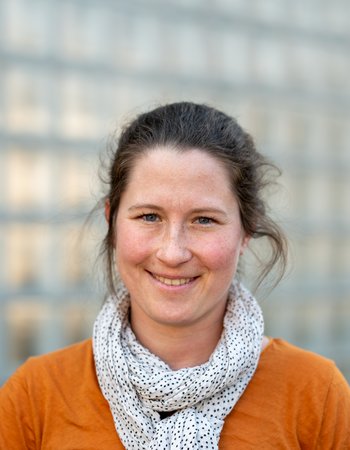
Monika Schönauer
Forschungsinteressen: • memory consolidation • learning-induced neural plasticity • sleep • memory reactivation • dreaming
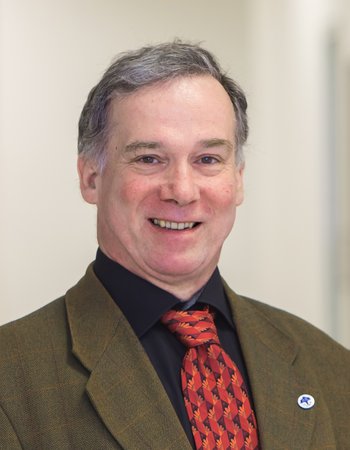
Erich Schröger (nur Co-Betreuung von Kandidat*innen)
Forschungsinteressen: • human information processing underlying perception, attention, and action • behavioral electroencephalographic and eye-movement measures

Marc Tittgemeyer
Forschungsinteressen: how metabolic representations of bodily shape perception, decision processes, and action • adaptive behaviour • need state regulation of motivational drive • sensory association learning • neuroimaging

Fredrik Ullén
Forschungsinteressen: • gene-environment interplay in musical engagement and expertise • the neural basis of skill learning and performance • neural mechanisms of creativity • neuropsychology of flow • cultural engagement, well-being and health
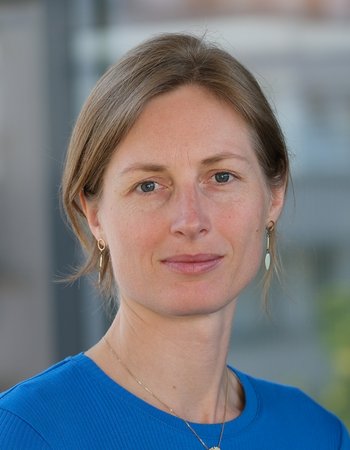
Sofie L. Valk
Forschungsinteressen: • gene-environment interactions • brain organisation • social cognition • transdiagnostic models • lifespan
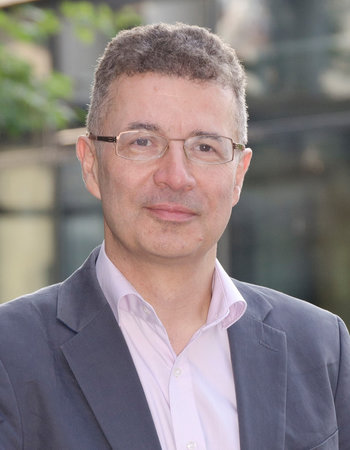
Arno Villringer
Forschungsinteressen: • vascular risk factors leading to stroke and functional recovery • effect of brain lesions on brain architecture • brain plasticity after stroke • multimodal imaging
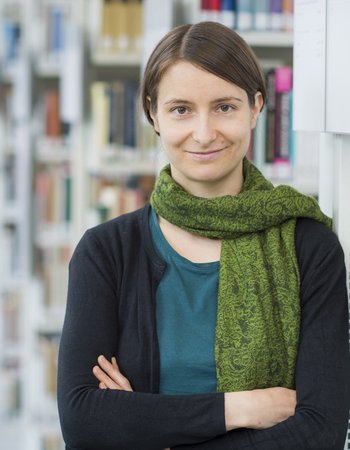
Verena Wagner
Forschungsinteressen: contemporary epistemology • nature and rationality of cognitive states • nature and rationality of inquiry and reasoning • mental representation and functional role of questions • fake questions and fake answers • deliberate ignorance • doxastic indecision • suspension of judgment
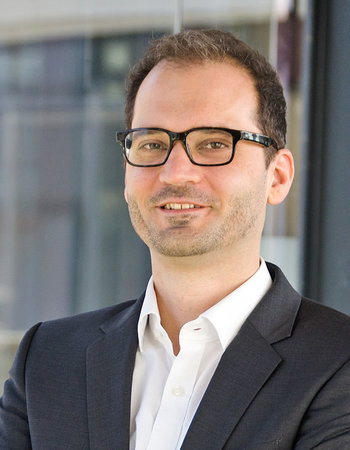
Nikolaus Weiskopf
Forschungsinteressen: • characterizing functional and anatomical microstructure of the human brain inc. in-vivo histology • developing methods for high-resolution anatomical and functional magnetic resonance imaging (MRI) • biophysical modeling of MR contrast • MR image processing and analysis • validating MRI methods using advanced post-mortem histology (3D microscopy, PIXE)

Carsten T. Wotjak
Forschungsinteressen: • animal models of fear and anxiety disorders • biological basis of stress-related psychopathology • role of the endocannabinoid system in fear, anxiety and cognition • cognitive performance in mouse models of psychiatric / neurological disorders • cognitive enhancement / extinction and erasure of traumatic memories
Ehemalige Fellows
Diese Personen waren in der Vergangenheit Fellows der Max Planck School of Cognition. Sie sind ausgeschieden und nicht mehr für eine Betreuung verfügbar.
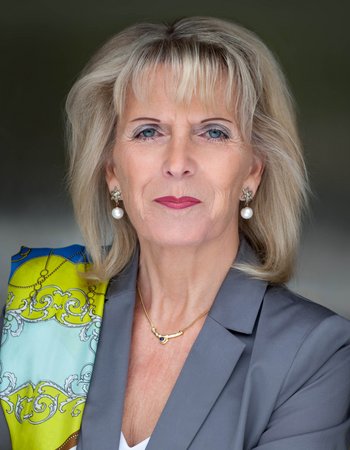
Angela D. Friederici
Forschungsinteressen: • neurocognition of language processing and language acquisition • second language learning • modulation of language networks • structural brain basis of language
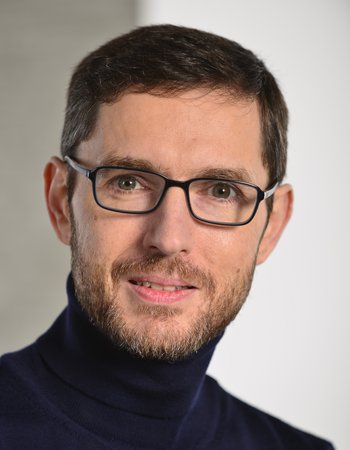
Pascal Fries
Forschungsinteressen: • rhythmic neuronal synchronization and its cognitive functions • selective attention; stimulus-repetition based learning • in-vivo electrophysiology and optogenetics in awake primates • large-scale high-density electrophysiology with polyimide-based flexible probes • magnetoencephalography (MEG) and psychophysics in human subjecsts
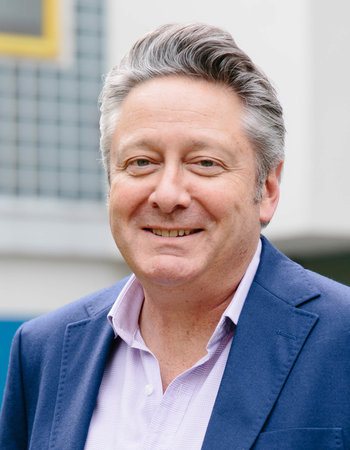
Russell Gray
Forschungsinteressen: • computational evolutionary methods • linguistic prehistory • animal cognition • philosophy of biology • evolution of human and animal behavior

Peter Hagoort
Forschungsinteressen: • neurobiology of language • neuroimaging (fMRI, MEG, EEG, TMS) • computational modeling • memory/unification • virtual reality
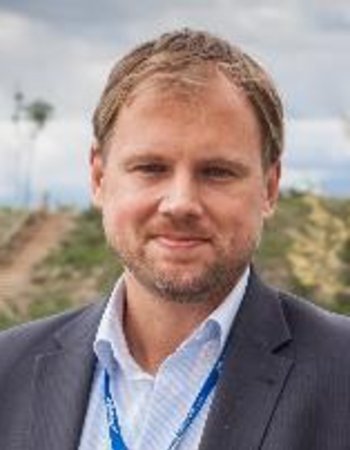
Hauke R. Heekeren
Forschungsinteressen: • decision neuroscience • cognitive and affective components in normal and disturbed social cognition • fMRI • NIRS • EEG • TMS

Hans-Jochen Heinze
Forschungsinteressen: • visual attention • processing of rewards • behavioral neurology • memory • consciousness • fMRI

Arthur Konnerth
Forschungsinteressen: • behavior-related neuronal signaling in cortical circuits • dendritic spine function and signal integration • neuronal dysfunction in Alzheimer’s disease • high-resolution optical imaging in vitro and in vivo
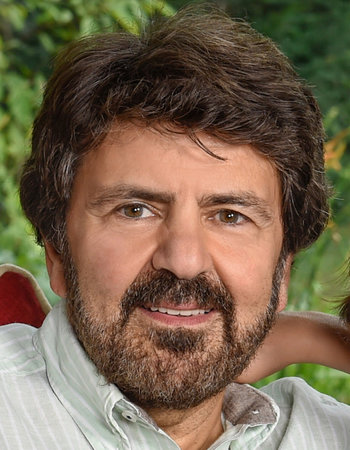
Nikos Logothetis
Forschungsinteressen: • neural mechanisms of perception and object recognition • multimodal methodological approach • electrical stimulation and fMRI • neural event triggered fMRI for the study of inter-structure interactions
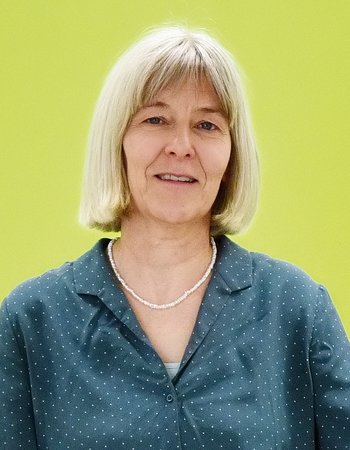
Antje S. Meyer
Forschungsinteressen: • individual differences in language skills • using language in conversation • relationship between language production and comprehension • computational models of speaking and listening
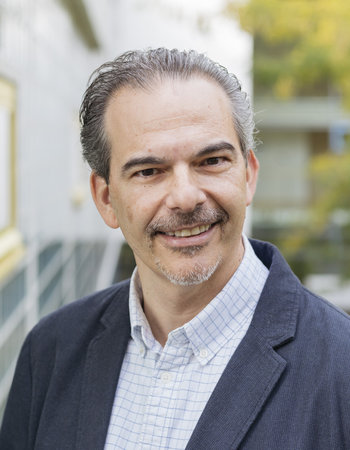
Michael Petraglia
Forschungsinteressen: • human evolution • the evolution of hominin cognition and stone tool analysis • relations between climate change and human adaptations

David Poeppel
Forschungsinteressen: • brain basis of speech perception and language comprehension • auditory cognition and music • multisensory perception • the temporal structure of perceptual experience • cognitive neuroscience and its foundations

Melanie Wald-Fuhrmann
Forschungsinteressen: • aesthetics of music (historical, transcultural and empirical perspectives) • music and meaning •
understanding music • aesthetic experience in music

Thomas Wiegand
Forschungsinteressen: • image and video coding • data compression •signal processing • image processing • communications